The first trimester can be a lot for many pregnant women to take in. Check out these ten symptoms that your body will undergo when you enter the first trimester.
Your body goes through a lot while making a baby. From physical discomforts to multiple mood swings, every part of your body physically and mentally tends to get affected by the pregnancy.
I had found out that I was pregnant at eight weeks, but yet the symptoms like mood swings, feeling overly tired and food cravings had started a few weeks before that. Being pregnant is a great feeling but every trimester comes with its own set of excitement and challenges that you will experience.
Below let’s discuss the ten most common symptoms that you will experience in your first trimester.
Also, sign up to get complete task lists for 1st, 2nd and 3rd trimester delivered right to your inbox.
Pin this post to keep it handy all the time!
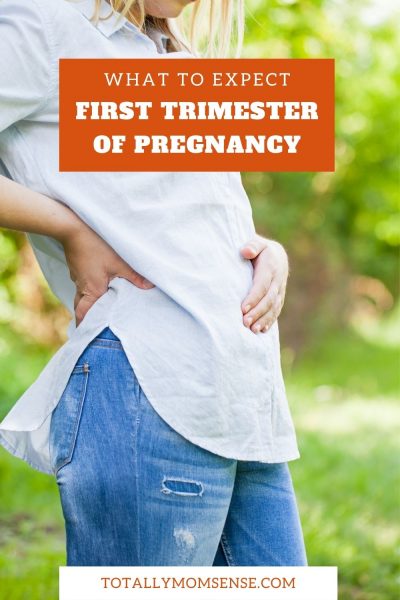
1. Fatigue
Fatigue is a common symptom that you will tend to feel almost throughout your pregnancy. During the early pregnancy, levels of the hormone progesterone soar which can often make you sleepy and tired.
To get over fatigue, incorporate a healthy diet in your daily routine and as well try and get a little bit of physical exercise every day. Exercising daily can drastically help improve your mood. Also, try and rest as much as possible.
2. Tender and swollen breasts
Breast changes are another very early sign of pregnancy. After conception, a woman’s breast can feel swollen, tingly or just super sensitive. It’s all because of the changing hormones in a woman’s body. Also, the area around the nipples, called the areola, may also darken.
The tender and swollen breasts might last a few weeks after conceiving as the body starts to adjust to the pregnancy.
Related. 12 Pregnancy must-have to buy when you are pregnant
3.Missed period
One of the very first signs that tell you that you might be pregnant. Not all missed periods indicate pregnancy in a woman. A missed period could be a cause of many other reasons too.
But one of the first things to do when you miss a period is to get a pregnancy test for yourself.
Also, some women tend to experience some bleeding during pregnancy. If you are pregnant, ask your doctor what you should be aware of with bleeding. Like how much bleeding during pregnancy is normal and when is it a sign of an emergency?
Related. 25 Pregnancy hacks every mom should know
4. Nausea (morning sickness)
The worst symptom of all that you will experience during your first trimester is morning sickness. Morning sickness does not have to mean that it can occur in the morning. You could feel nausea with or without vomiting at any time of the day.
There is no one reason as to why a woman experiences nausea in her pregnancy, but it could be triggered by any smell or food around. Also, it is pretty common for nausea to remain for the entire pregnancy.
Try a couple of these remedies that might be able to help you find some relief from the morning sickness – snack often, drink plenty of fluids, ginger candies might work or regularly taking your prenatal vitamins too have helped many pregnant women to deal with the morning sickness.
5. Food cravings and aversions
During your pregnancy, you might start to feel a little extra sensitive to the smell of certain kind of foods that can also trigger nausea and morning sickness. Craving a particular kind of food is also a very common thing during pregnancy. Food craving or aversions have been related to the changing hormone levels during pregnancy.
6. Heartburn
Heartburn occurs when the valve between the stomach and the oesophagus is unable to prevent stomach acid from passing back into the oesophagus. During pregnancy, the hormone progesterone causes the valve to relax, which can increase the frequency of heartburn.
Although in my case the heartburns did not show up until the last trimester. But many pregnant woman can have heartburns from as early as the first trimester.
Check out this article on 12 helpful tips to relieve heartburn during pregnancy.
7. Spotting and cramping
Sometimes a light spotting might occur during the first trimester. This is known as the implantation bleeding and it happens when the fertilized egg attaches to the lining of the uterus which is usually about 10 to 14 days after conception. Implantation bleeding occurs around the time of a menstrual period. However, it’s not very common.
Also, some women might experience mild cramping in the early pregnancy which is very similar to the menstrual cramps.
8. Mood swings
These are really common. A pregnant body goes through a ton of hormonal changes that can make you really emotional and weepy. Just remember it is a very common symptom and will not last you for long.
9. Frequent urination
As a pregnant lady, you might often find yourself heading to the restroom. This usually happens because the amount of blood in your body increases during pregnancy, causing your kidneys to process extra fluid that ends up in your bladder. And the frequent urination tends to get really worse towards the end of the pregnancy.
10. Constipation
Hormonal changes cause your digestive system to slow down, which can lead to constipation.
Being pregnant is an amazing feeling. Knowing what is going to come your way can help you feel positive during the pregnancy as well you can deal with the situation better.
Also while going through these challenges when you are feeling extremely worn down and exhausted, always remember that at the end of it all you will get to hold your little baby in your arms, that is going to make all this worthwhile.

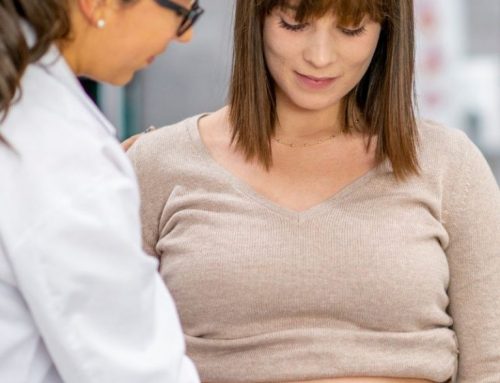
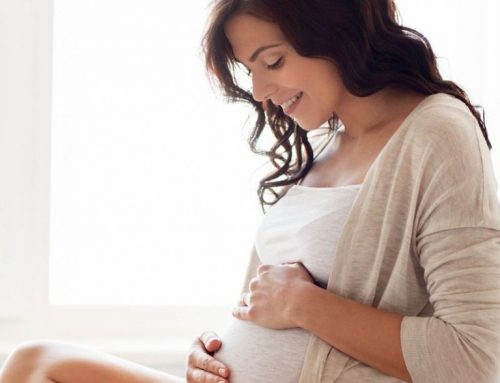



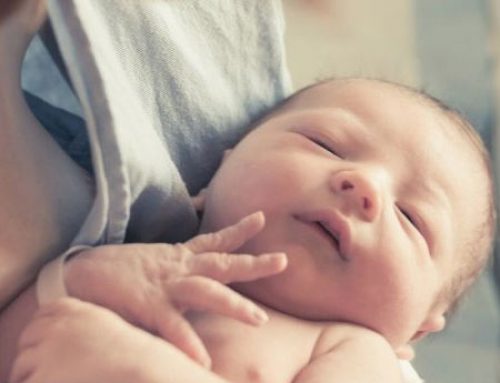



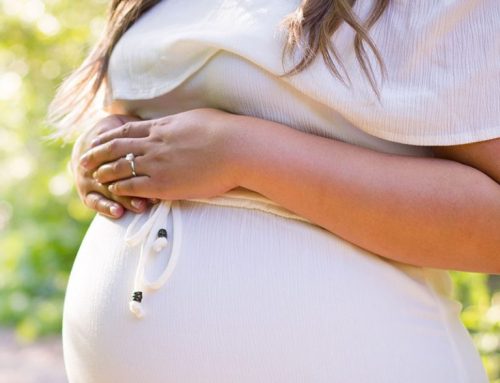
Leave A Comment